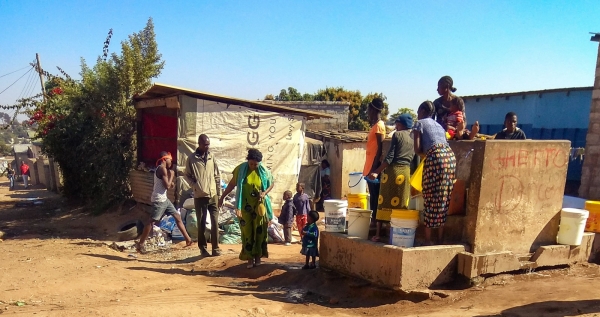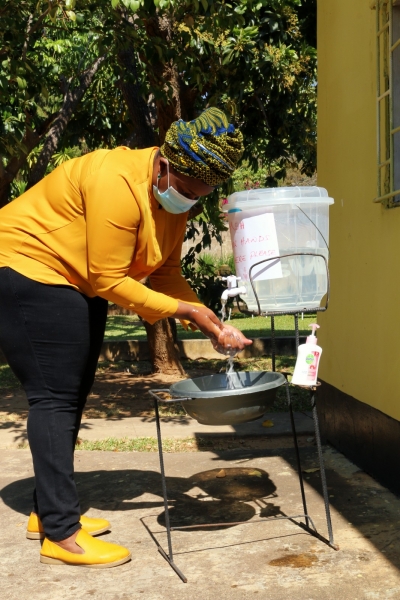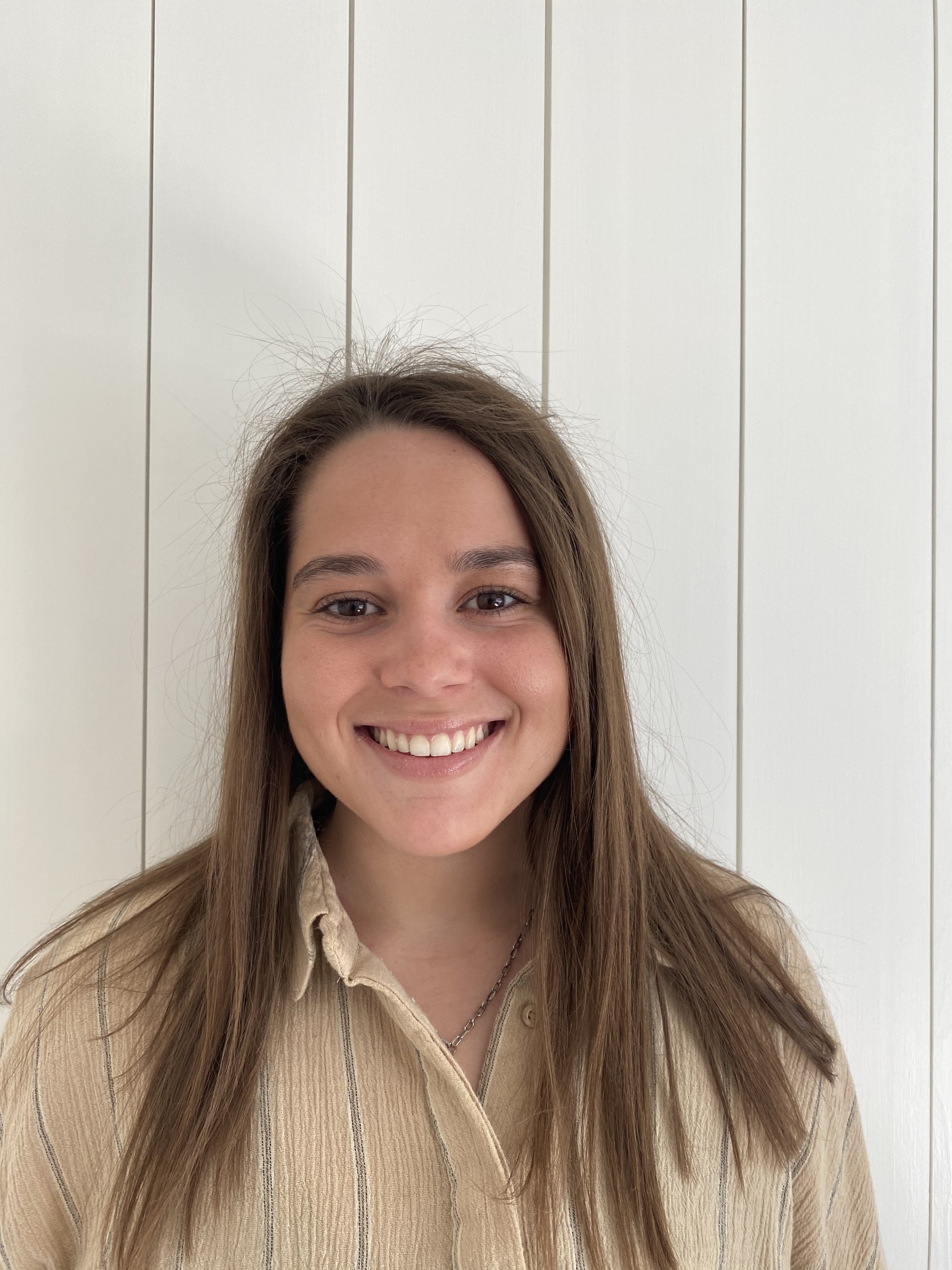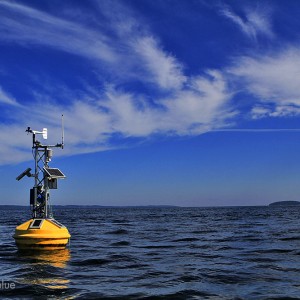Coronavirus has yet to peak in Zambia, but observers worry about the country’s ability to fight a disease surge.

A group of Zambians collecting water at the commercial kiosks. Photo © NGO WASH Forum.
By Claire Kurnick, Circle of Blue
Elizabeth Mwanza, is one of many Zambians who does not have running water at home and relies on commercial kiosks, which leaves Mwanza concerned about gathering water during the pandemic.
Limited hours have caused the kiosks to become congested at times when water is available, making social distancing almost impossible. That she might not be able to collect water safely worries Mwanza, because the government is advising residents to wash their hands as a preventive measure against the coronavirus. For Mwanza, that requires more water than usual.
“It is difficult to adhere to the guidelines if water supply is erratic,” Mwanza said.
As in other parts of Africa, the coronavirus was late to arrive in Zambia, where the first case was recorded on March 18th. Currently, the country has 2,980 confirmed cases and 120 deaths.
Though the number of confirmed cases is low, there is cause for concern. It is winter now in Zambia, and the Ministry of Health has projected that this is the season when the country should expect to see a rise in illness.
Low case loads at a time of heightened risk bothers Bubala Muyovwe, a coordinator with NGO WASH Forum, a nongovernmental group that works on water, sanitation, and hygiene in Zambia.
Muyovwe said many Zambians don’t know anyone stricken with the disease and they question whether Covid-19 is real. She fears that Zambians will become lax about handwashing and doubts the ability of Zambian agencies to meet urgent water needs.
Even now, water access is deficient. Muyovwe described the coronavirus as a “disease that shows the inequalities that exist.”
According to the World Health Organization and UNICEF, an estimated 6 million Zambians — just more than half the country — lack regular access to clean water. Without hygienic measures like handwashing, individuals are more susceptible to Covid-19.

Bubala Muyovwe washing her hands with a makeshift handwashing station, or a Kalingalinga, as most Zambians call them. Kalingalinga is an informal settlement in Zambia where these stations are fashioned. Photo © Kenneth Temba.
Many Zambians have to leave home to acquire water. In urban areas, residents rely on water kiosks that are supplied by commercial utilities. Residents pay by the 20-liter container. That turns water use into an economic decision: use the water for drinking or handwashing?
The cost of water for individuals in the country can be difficult to afford. Some 58 percent of Zambians earn less than the international poverty line of $1.90 per day.
Once, Muyovwe witnessed a woman “squeezing lemon juice into her water” in an attempt to wash herself because she could not afford soap. For many Zambians, resources like soap are considered a luxury.
Increasing water supply at this time will not be easy. Zambia’s government has entered a state of financial turmoil due to the pandemic. As a result, Muyovwe said social sectors like water, sanitation, hygiene, health, and education are the first to experience budget cuts.
Mwanza and Muyovwe both want their government to provide Zambians with the resources necessary to fight the coronavirus. Muyovwe has seen handwashing improve in some communities, like the informal settlement Kalingalinga, who are making handwashing stations to be installed outside some small businesses. Meanwhile, agencies like NGO WASH Forum have donated much-needed resources to scale up handwashing. Both women said water and soap need to be more readily available.
A challenge in normal times, water and hygiene deficits are even more glaring now.
“Water should be in abundance especially during the fight against coronavirus,” said Mwanza.
Hear more about Mwanza’s experience with WASH and Covid-19 in Zambia below. Video © NGO WASH Forum.
Claire Kurnick is a Circle of Blue summer intern and a recent University of Denver graduate with a bachelor’s degree in Global Studies. Her concentration is focused on International Health and Development. Claire has travelled throughout East Africa and the South Pacific focusing on Peace and Conflict studies along with Social and Environmental Development. Claire is a lifelong resident of the Great Lake state of Michigan, and has dedicated her academic focus on sustainable development strategies in protecting natural resources to enhance adequate standards of living for future generations to come. Claire not only has a passion for travel, but also the outdoors.




